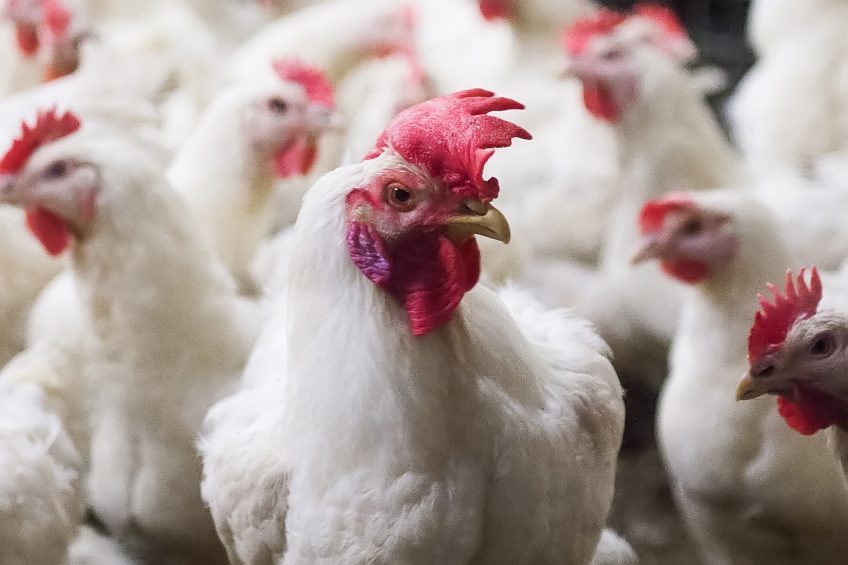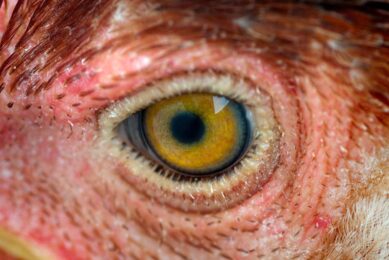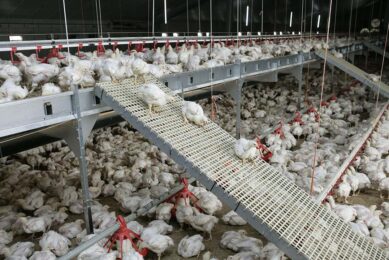Antiviral effect of lithium chloride on avian leukosis virus

Research has shown that lithium chloride effectively blocks a subgroup of avian leukosis virus from replicating in chick embryo fibroblast (CEF) cells, showing that it could be used an antiviral agent against the ALV-J.
The study, carried out at the Pirbright Institute, wanted to find out the extent of lithium chloride’s (LiCl) antiviral activity.
In the study, reported in Springer Link, researchers assessed the antiviral activity effect on LiCl on ALV-J infection in CEF cells by using real time PCR, Western blot analysis, IFA and p27 ELISA analysis.
The results showed that both viral RNA copy number and protein level decreased significantly in a dose and time dependent manner. Time-course analysis revealed that the antiviral effect was more pronounced when CEF’s were treated at the post-infection stage rather than at early absorption or pre-absorption stages.
For the latest insights on the 40+ most common poultry diseases, focusing on causes, clinical signs and proven treatment and control measures to take in account, check out the Poultry Health Tool.
Further experiments demonstrated that LiCl did not affect virus attachment or entry, but rather affected early virus replication. Researchers also found that the inhibition of viral replications after LiCl treatment was associated with reduced mRNA levels of pro-inflammatory cytokines.
Join 31,000+ subscribers
Subscribe to our newsletter to stay updated about all the need-to-know content in the poultry sector, three times a week. Beheer
Beheer








 WP Admin
WP Admin  Bewerk bericht
Bewerk bericht